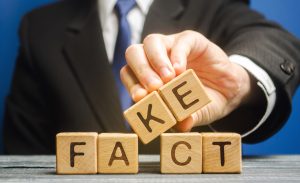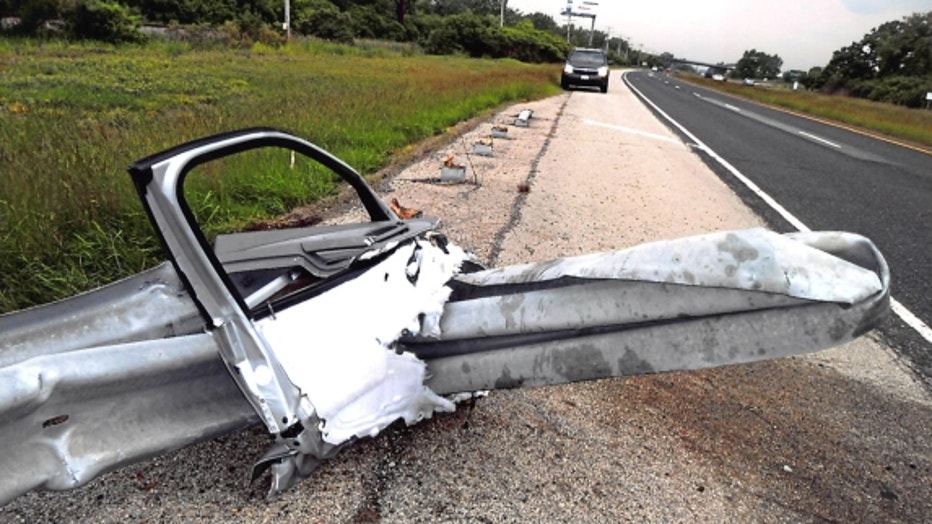Second Circuit rules that relevant government “payment decision” under Escobar included Veterans Administration’s initial decision to award contracts based on claim that contractor qualified as a “service-disabled, veteran-owned small business”—not just the VA’s subsequent decisions to make payments under those contracts
In a key victory for the federal government and qui tam whistleblowers, the Second Circ uit Court of Appeals has affirmed that false statements regarding eligibility to take part in government programs—and not just subsequent false claims for payment after being allowed to participate—are actionable under the False Claims Act notwithstanding the U.S. Supreme Court’s 2016 landmark decision in Universal Health Services v. Escobar. The court in United States v. Strock rejected the idea that the only relevant “payment decision” under Escobar was the decision to pay a contractors’ invoices without regard to the initial decision to award the contract.
uit Court of Appeals has affirmed that false statements regarding eligibility to take part in government programs—and not just subsequent false claims for payment after being allowed to participate—are actionable under the False Claims Act notwithstanding the U.S. Supreme Court’s 2016 landmark decision in Universal Health Services v. Escobar. The court in United States v. Strock rejected the idea that the only relevant “payment decision” under Escobar was the decision to pay a contractors’ invoices without regard to the initial decision to award the contract.
 The Whistleblower & Anti-Fraud Blog
The Whistleblower & Anti-Fraud Blog



